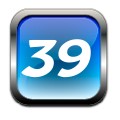Parashah - May 2010
|
At the Perth Messianinc Assembly, we encourage our members and friends to read the Bible as this is the source of teaching, guidance and wisdom. We follow the Jewish tradition of reading a portion of the Bible each week that centres on the Old Testament. Traditionally, there is a reading from the Torah (1st five books of the Bible) and from the Haftarah (generally this is from the prophetic books of the Old Testament (called the Tanakh by Jewish people). Let us encourage you to read the relevant passages each week with us. There are three different passages that are read each week. The first is from the Torah and forms the core of the weekly reading. If you are only able to read one part of the weekly Parashah study, then this is the part to focus on. the other readings are supplementary and follow the theme of the Torah. As Messianic believers we also read and study the New Testament (B'rit Hadashah) and you will see from the table below that there is a reading from that section of the Bible each week. Once again, this reading follows the theme of the Torah reading.
It is useful to have notes to study on these readings, and we suggest you follow the links below for the reading notes from the Hebrew For Christians website.
Leviticus (Vaiyikra)
The Book of Leviticus (i.e., Sefer Vayikra [סֵפֶר וַיִּקְרָא]) is the book of the priesthood of ancient Israel, concerning ritual and sacrificial laws pertaining to the Mishkan (tabernacle, and later the Temple). The book describes the details of offering various sacrifices to the LORD, and especially emphasizes ritual purity and holiness. In fact, nearly half of the 613 commandments of the Torah are found in this book (and much of the Talmud is based on it).
Numbers (BeMidbar)
The Book of Numbers (i.e., Sefer Bemidbar [סֵפֶר בְּמִדְבַּר]) details how the tribes of Israel were counted and meticulously arranged into military camp formation around the Mishkan (tabernacle). Led by the Shechinah cloud by day and the pillar of fire by night, at first they were en route to the Promised Land - the land of Canaan - which the LORD swore to give to Abraham and his descendants forever. However, the people rebelled and were condemned to wander for 40 years in the desert.
It is useful to have notes to study on these readings, and we suggest you follow the links below for the reading notes from the Hebrew For Christians website.
Leviticus (Vaiyikra)
The Book of Leviticus (i.e., Sefer Vayikra [סֵפֶר וַיִּקְרָא]) is the book of the priesthood of ancient Israel, concerning ritual and sacrificial laws pertaining to the Mishkan (tabernacle, and later the Temple). The book describes the details of offering various sacrifices to the LORD, and especially emphasizes ritual purity and holiness. In fact, nearly half of the 613 commandments of the Torah are found in this book (and much of the Talmud is based on it).
Numbers (BeMidbar)
The Book of Numbers (i.e., Sefer Bemidbar [סֵפֶר בְּמִדְבַּר]) details how the tribes of Israel were counted and meticulously arranged into military camp formation around the Mishkan (tabernacle). Led by the Shechinah cloud by day and the pillar of fire by night, at first they were en route to the Promised Land - the land of Canaan - which the LORD swore to give to Abraham and his descendants forever. However, the people rebelled and were condemned to wander for 40 years in the desert.
Download a printable version of the Parashah
|
| ||||||
Parashah Notes
Behar - On the mountain
Bechukotai - In my statutes
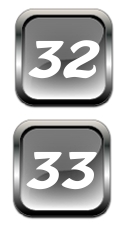
Click here to read the Parashah notes on the Hebrew for Christians website
Click here to read the Parashah notes on the Hebrew for Christians website
Bemidbar - In the wilderness
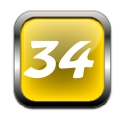
Naso - Take
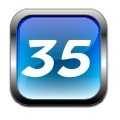
Beha'alotekha - When you set up
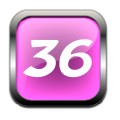
Shelach Lekha - Send for yourself
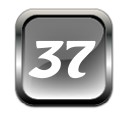
Korach - Korah
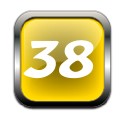
Chukat - Decree of
